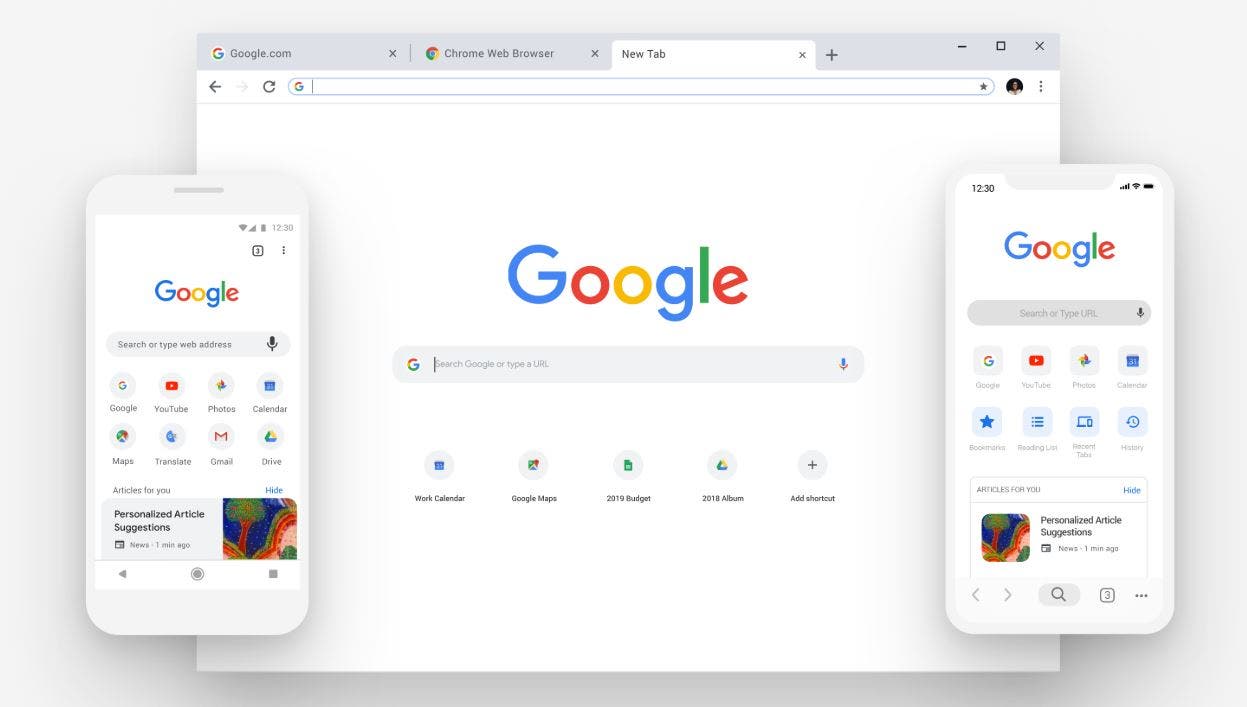Failing to block online ads, Google tries to make them more acceptable (since Google earns money from ads). Currently, the Chrome browser already includes an ad blocker that blocks ads on websites that do not meet the standards of the “Better Ads Standards”. With this feature, Chrome now only displays ads that have acceptable format according to this standard. And now, the firm wanted to go further, by tackling heavy advertisements, which use too many resources, and which are likely to slow navigation.
Google announces the start of an experience that will allow Chrome to stop displaying these heavy advertisements. “We have recently discovered that a fraction of a percent of ads consume a disproportionate share of device resources, such as battery and network data, without the user knowing about it. These ads (such as those that mine cryptocurrency, are poorly programmed, or are unoptimized for network usage) can drain battery life, saturate already strained networks, and cost money” explains Marshall Vale, Chrome product manager.
The goal is to make online advertising more acceptable

An ad will be penalized by Chrome if it uses more than 4 MB of data. Or if it uses the processor for 15 seconds over an interval of 30 seconds. Or if it uses the processor for 60 seconds in total. According to Google, ads that exceed these established thresholds represent only 0.3% of online ads. They are responsible for 27% of network data usage by ads, and 28% of processor usage.
But as it often does, Google will act gradually. The firm intends to experiment with this new feature for several months. Then, it will launch it in a stable version of Google Chrome towards the end of August. Thus, Google will allow creators of advertisements to adapt to the new rules.
Otherwise, as a reminder, Google also intends to block third-party cookies, which make online advertising more relevant, on its Chrome browser. But before blocking these cookies, Google will first have to find a solution that will allow websites to generate income. This while satisfying Internet users who want to protect their private lives.




